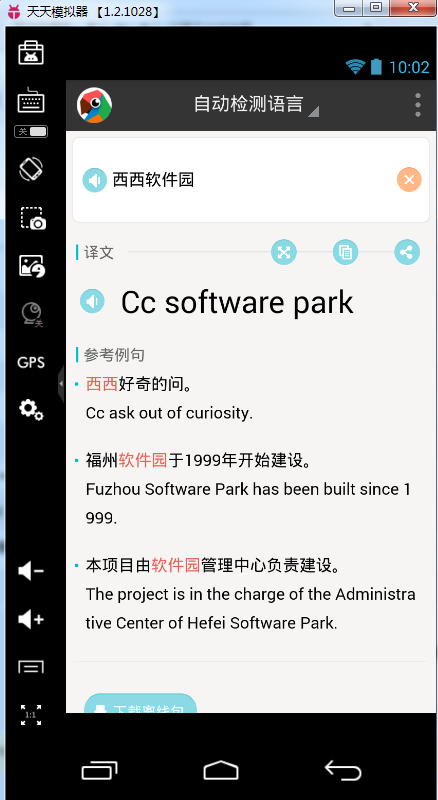Language Barrier Breaker
페이지 정보
본문
 Machine translation has revolutionized the way we communicate on a international scale, offering fast and convenient for individuals and major corporations. It has become an crucial resource for breaking down language barriers and enabling international communication. However, alongside its numerous advantages, machine translation also raises grave concerns regarding data security.
Machine translation has revolutionized the way we communicate on a international scale, offering fast and convenient for individuals and major corporations. It has become an crucial resource for breaking down language barriers and enabling international communication. However, alongside its numerous advantages, machine translation also raises grave concerns regarding data security.Machine translation technology relies heavily on large datasets of text, often sourced from public sources, academic papers, and crowd-sourced content. This data may include sensitive information such as passwords, financial transactions, or private correspondence. When users submit their data to the machine translation services, they may unknowingly share personal data with the enterprises, which could be stored, evaluated and likely misused.
One of the primary concerns is data incidents, where hackers gain unauthorized access to the datasets, jeopardizing the sensitive information stored within them. This could lead to significant reputational damage for both the companies offering the translation services and their users. Furthermore, machine translation companies may not be forthcoming about the data collection, storage, and utilization practices, leaving users in the ignorance about the potential concerns.
Another issue is data sharing between machine translation companies and third-party services. As many companies now offer integrations with well-known productivity utilities and services, the chance of data leakage or 有道翻译 illicit access increases markedly. For instance, if a machine translation service is integrated with a messaging app, the translation data may be sent to the app's servers, which could jeopardize user security.
Moreover, machine translation services often rely on complex algorithms that analyze patterns and relationships in the data. This raises doubts surrounding the possession and administration of the data used to train these systems. As companies develop and refine their algorithms, they may unknowingly create biased or prejudiced models, which can reinforce existing social and cultural inequalities.
To harness these concerns, it is required for machine translation companies to adopt robust data protection measures. This includes adopting safe data storage and analysis protocols, being forthcoming about data collection and utilization practices, and securing clear consent from users before processing their data. Additionally, companies should establish precise policies for data sharing and integration with third-party vendor services, ensuring that data is only transferred with trusted partners.
Moreover, users have a compelling role to play in protecting their data. They should be informed of the concerns associated with machine translation and take measures to minimize their vulnerability. This includes opting for machine translation services with vigilant data protection measures, being cautious when submitting personal information, and sporadically reviewing and updating their account settings to ensure their data is secure.
In conclusion, machine translation has the potential to revolutionize global communication, but it also raises serious data privacy problems. To harness its positive impacts, we must prioritize vigilant data protection protocols and promote openness and answerability among machine translation companies. By working together, we can create a safer and more safe machine translation ecosystem for everyone.
-
- 이전글
- High Stakes Casino Ideas
- 25.06.08
-
- 다음글
- What Can Instagramm Educate You About High Stakes Casinos
- 25.06.08